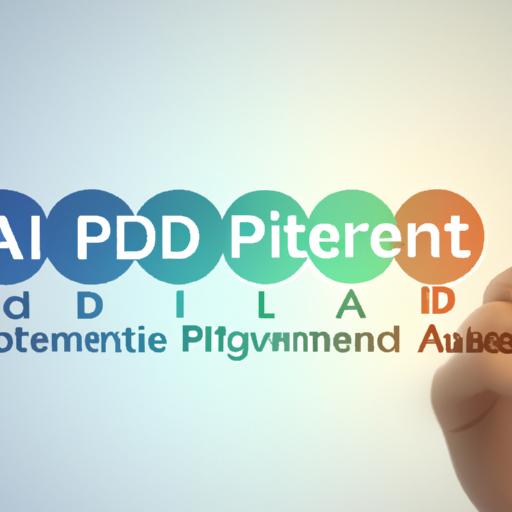In today’s rapidly advancing technological landscape, the journey of artificial intelligence (AI) is not just about innovation; it’s also about governance, responsibility, and ethics. As AI technologies become more integrated into our daily lives, the significance of adopting ethical AI practices has never been more critical.
What is Ethical AI?
Ethical AI refers to the framework and guidelines that ensure the development and application of AI systems align with moral values and respect the rights of individuals and communities. As AI can influence decision-making in various sectors such as healthcare, finance, and law enforcement, it’s crucial to address potential biases and ethical implications associated with these systems.
Key Principles of Ethical AI
- Transparency: AI systems should be transparent in their operations and decision-making processes. Stakeholders need clear insights into how algorithms work and what data they rely on.
- Accountability: Developers and organizations should take responsibility for the outcomes of their AI systems. This includes establishing governance structures and guidelines to manage AI applications ethically.
- Fairness: AI should be designed to minimize bias and ensure equitable treatment across all demographic groups. Continuous monitoring and testing are essential to verify that AI does not perpetuate existing inequalities.
- Privacy: Ethical AI respects user privacy by safeguarding sensitive data and adhering to data protection regulations. Users should have the right to choose how their data is used.
- Beneficence: AI systems should be used to promote positive outcomes for individuals and society, enhancing human welfare and supporting sustainable development.
Implementing Ethical AI in Organizations
For organizations looking to incorporate ethical AI practices, it is important to start with strong leadership commitment and workforce training. Here are a few steps to get started:
- Establish an ethical AI policy that outlines the organization’s commitment to responsible AI practices.
- Create a cross-functional team involving ethicists, developers, legal experts, and social scientists to oversee AI projects.
- Engage with stakeholders, including customers and impacted communities, to gather feedback and ensure their perspectives are considered in AI designs.
- Conduct regular audits and assessments of AI systems to identify and rectify any potential biases or ethical concerns.
The Future of Ethical AI
The conversation around ethical AI is evolving, with increasing calls for regulation and standards at both international and national levels. As AI becomes ever more embedded in our lives, promoting ethical practices will not only safeguard individuals but also enhance the trust of society in AI technologies.
By committing to ethical AI practices, we can pave the way for a future where technology enriches lives without compromising our values.







